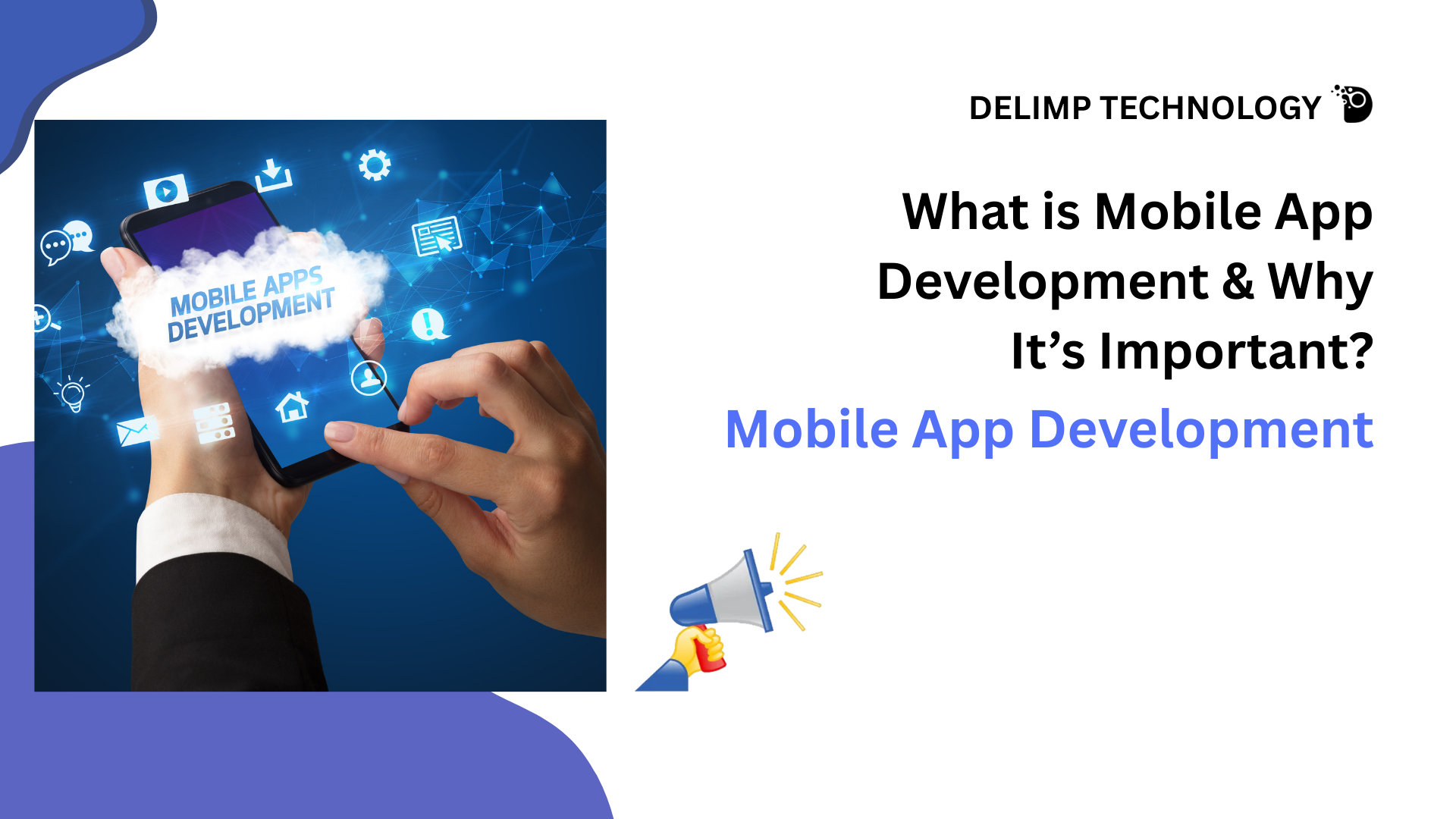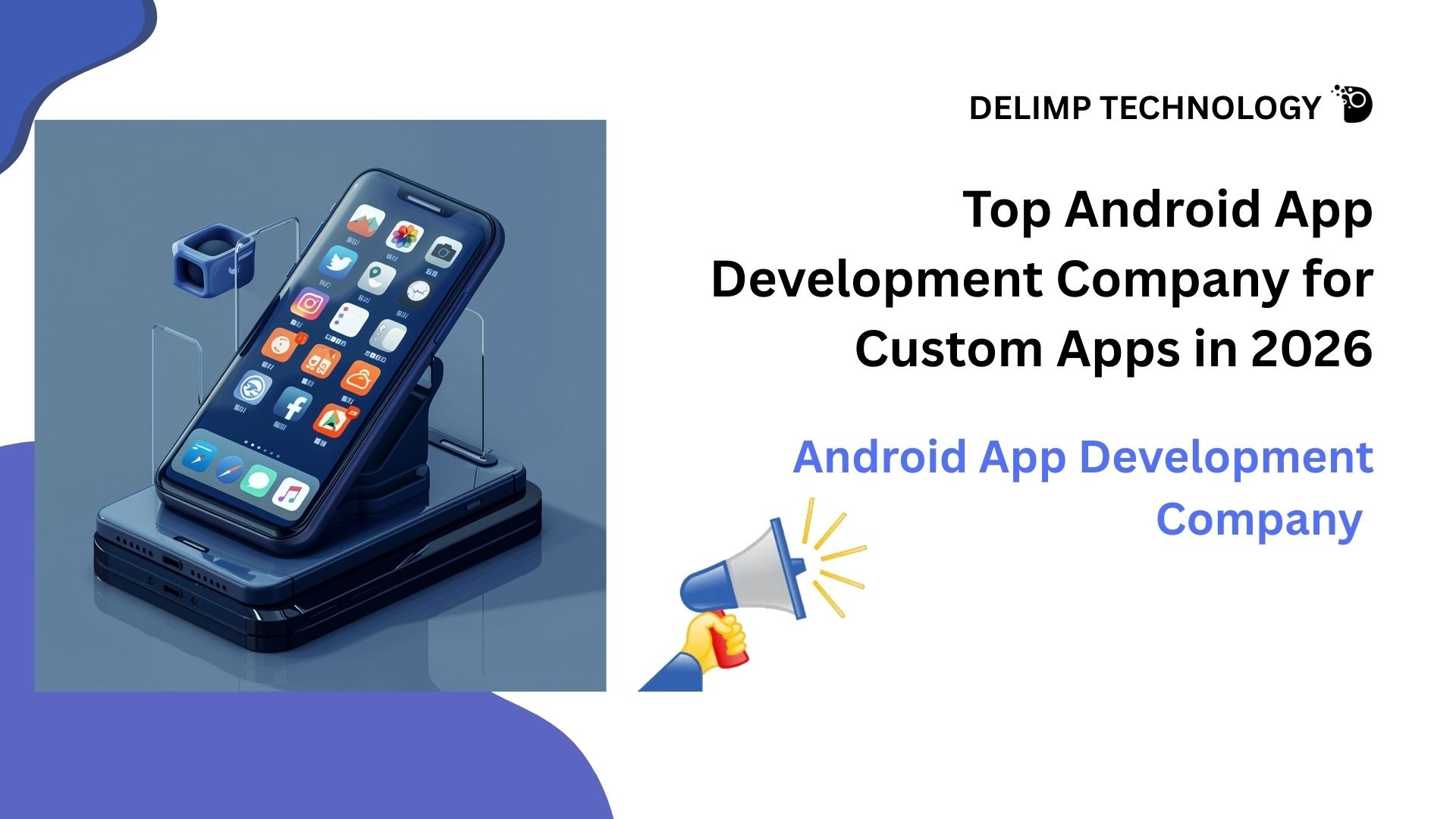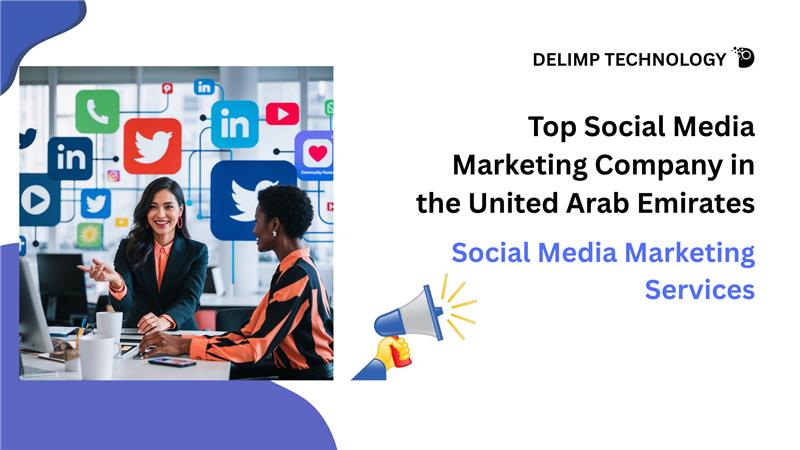Mobile phones are now an essential part of our daily lives. We depend on mobile applications (apps) for almost everything. We use them for shopping online and ordering food. We also use them for booking flights and making payments. Businesses, too, use apps to connect with customers, improve efficiency, and grow their brand. But what exactly is Mobile App Development? And why is it so important for businesses today? Let’s find out.
What is Mobile App Development?
It is the process of creating software applications that run on mobile devices such as smartphones and tablets. These applications are available for download from platforms like the Google Play Store. Android users can find them there. Apple users can find them in the Apple App Store (for iOS).
The process of building a mobile application includes:
- Planning & Strategy: Defining your app’s purpose and target audience.
- Designing the Interface: Building an easy-to-use and visually appealing layout.
- Coding & Development: Writing the code that powers the application’s features.
- Testing & Quality Check: Fixing bugs and making sure the app runs smoothly.
- Launch & Deployment: Publishing the app on the Play Store.
- Ongoing Updates: Adding new features and improving performance.
This step-by-step process guarantees the Mobile App Development Company performs reliably. Companies like Delimp Technology deliver applications that meet user needs.
Types of Mobile Apps
There are three main types of mobile applications. Each has unique applications and advantages:
1. Native Apps
- Built specifically for one platform (Android or iOS).
- Developed with platform-specific languages (e.g., Swift for iOS, Kotlin for Android).
- Offer the fastest speed and best user experience.
2. Hybrid Apps
- Work across multiple platforms with one codebase.
- Constructed using frameworks such as React Native or Flutter.
- Quicker to create and less expensive than native apps.
3. Web Apps
- Mobile-friendly websites that behave like applications.
- Not downloaded, but run in web browsers..
- Easy to maintain, but has limited functionality.
Choosing the right type depends on various factors. These include your goals, budget, and target users. It can involve services like Android App Development Service or iOS App Development Service.
Why Mobile App Development Matters
With more than 6.8 billion smartphone users worldwide, applications have become the fastest way for businesses to reach people. Apps matter because:
- They give customers quick and easy access to services.
- Applications keep your brand visible on devices 24/7.
- They allow direct communication through push notifications.
- Businesses can collect valuable insights about customer behavior.
In short, it helps companies grow stronger customer relationships and achieve.
Benefits of Mobile App Development for Businesses
1. Stronger Customer Engagement
Mobile apps let businesses talk directly to customers. Personalized offers, in-app messages, and push notifications keep users engaged and loyal.
2. Greater Accessibility
Customers can access your products or services anytime, anywhere. This improves convenience and encourages repeat use.
3. Improved Brand Recognition
A well-designed application reinforces your brand. Colors, logos, and consistent design build trust and recognition.
4. Competitive Advantage
Many companies still rely only on websites. Having an Android app shows innovation and sets your business apart.
5. Higher Customer Loyalty
Applications make it easy to run loyalty programs and reward customers. This helps increase repeat purchases and long-term loyalty.
6. More Revenue Opportunities
Mobile apps can generate income through:
- In-app purchases
- Subscriptions
- Advertisements
- Direct e-commerce sales
7. Better Internal Efficiency
Businesses can also create applications for employees to track tasks, manage projects, and improve communication.
Future Trends in Mobile App Development
Technology is constantly evolving, and so is it. Future trends include:
- Artificial Intelligence (AI): Smarter apps with chatbots and predictive features.
- Augmented Reality (AR) & Virtual Reality (VR): Immersive experiences in gaming, shopping, and education.
- Internet of Things (IoT): Applications that connect with smart home devices, cars, and wearables.
- 5G Connectivity: Faster downloads, smoother streaming, and better performance.
Businesses that adopt these technologies will have an edge over competitors.
Final Thoughts
Mobile app development is more than just creating software; it is about building stronger customer connections and unlocking new opportunities. Apps improve customer engagement, increase revenue, boost loyalty, and strengthen brand visibility. With the right approach, a mobile app can transform your business and give you a lasting advantage in the market.





